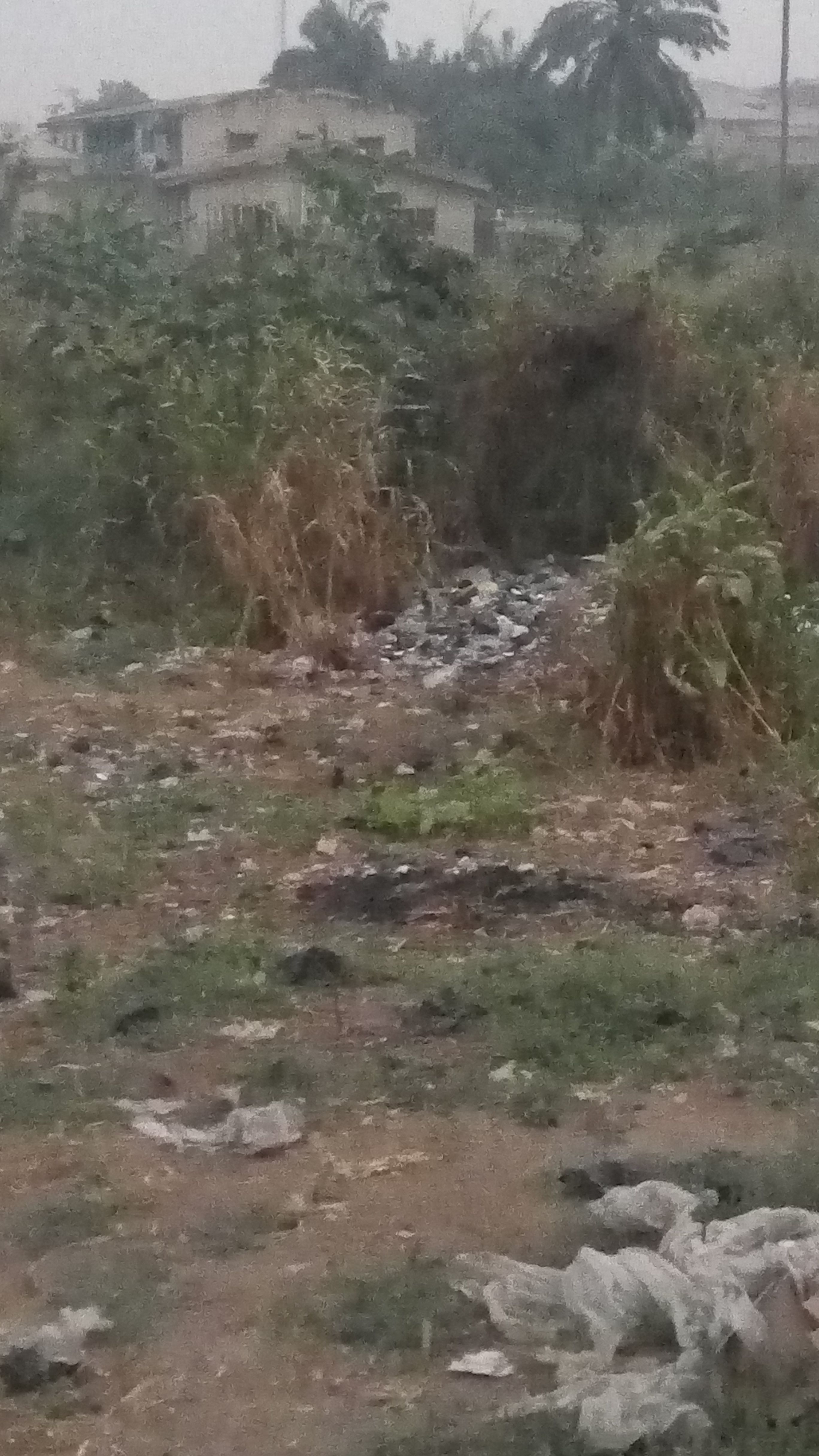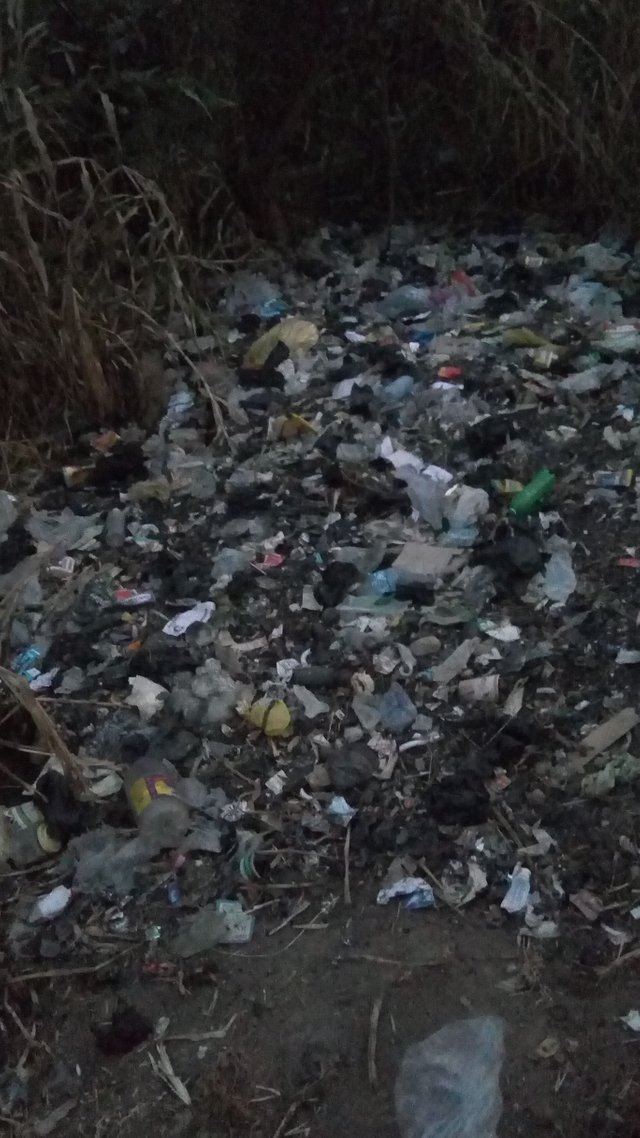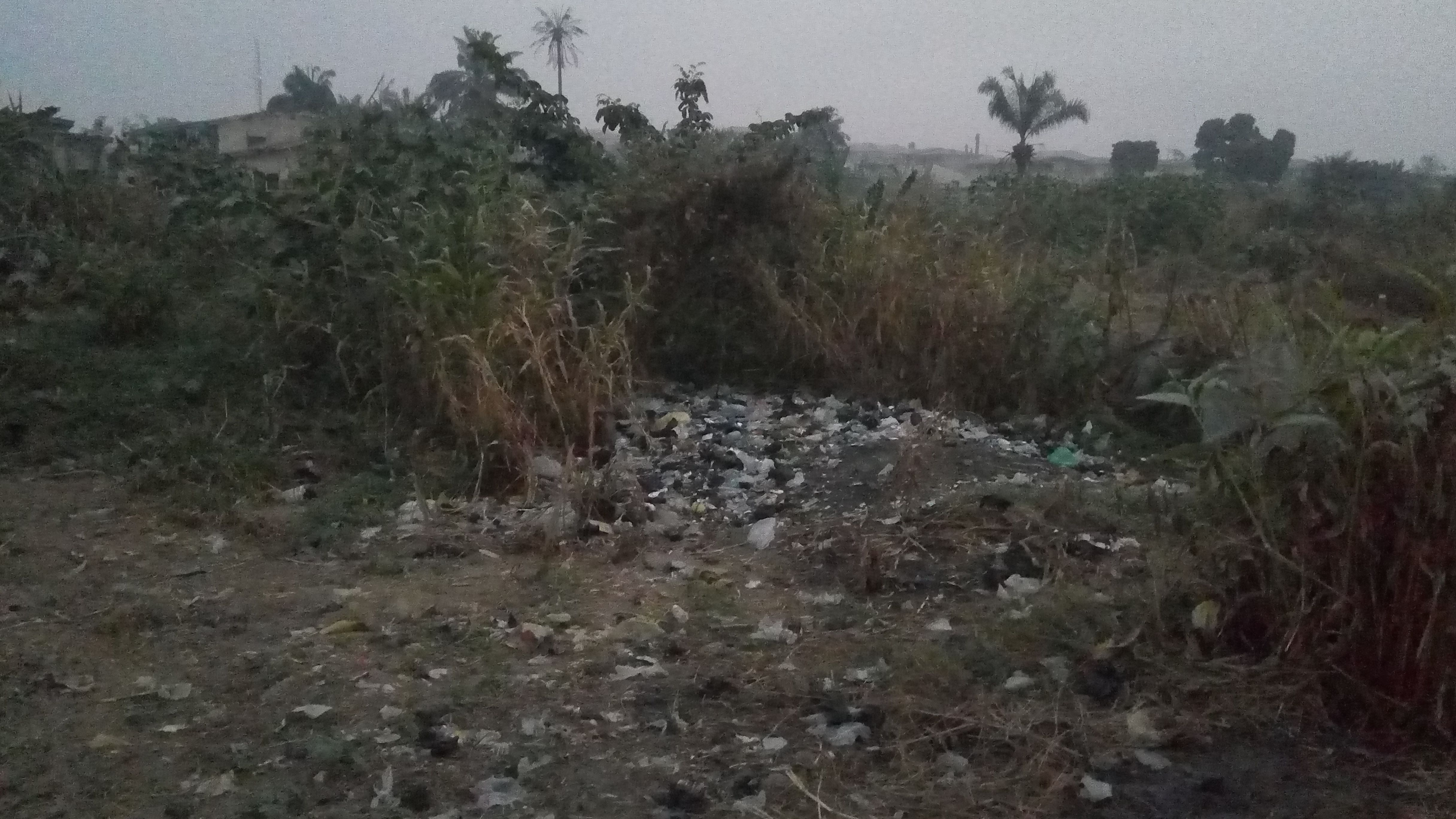SOLID WASTE MANAGEMENT IN NIGERIA

SOLID WASTE MANAGEMENT IN NIGERIA
Solid wastes is made up of all wastes arising as a result of human and animal daily activities which are normally solid thrown away as a result of it being of no use. Also included are by-products of process lines or materials that may be required by law to be disposed of (Okecha 2000). Solid waste can be categorized into the following ways;
On the basis of sources.
Environmental Risks.
Utility.
Physical Property.
On the basis of source it can further be classified as Municipal Solid Wastes, Industrial Solid Wastes and Agricultural Solid Wastes.
Nigeria’s urban centers today are fighting to clear mounting heaps of solid waste from their environments. These strategic centers of beauty, peace and security are being overtaken by the messy nature of over flowing dumps unattended heap of solid wastes emanating from household or domestic or kitchen sources, markets, shopping and business centers. Stakeholders in waste management were not able to guide against lawlessness as regards discharge of solid waste which are hazardous emanating from commercial and industrial wastes which are against Clean Air and Health Edict in the environmental sanitation laws, rules and regulation. Refuse generation and its likely effects on the health, quality of environment and the urban landscape have become burning nation issues in Nigeria today. All stakeholders concern with the safety and beautification of our environment have come to realize the negative consequences of uncleared solid human wastes found in residential neighbourhoods, markets, schools, and central business districts in our cities. Solid waste is have become an evident feature in the environment. It is therefore no longer in doubt that most Nigerian cities are inundated with the challenges of uncleared solid wastes. As a result, urban residents are often confronted with the hazardous impact of their collective health and safety.

In 1992, the “Earth Summit” succeeded in alerting the consciences of the world to the urgency of achieving environmentally sustainable development. The summit asserted that if we know enough to act today, then we must also find answers to many tough conceptual and technical questions that have remained unresolved over time. It has been proofed that if the rapid urbanization in developing world is not looked into, there will surely be a threat to health, the environment and urban productivity. Cities are the engines of economic growth, but the environmental implications of such growth need to be assessed and managed better. The most challenging and present problems facing developing countries and their urban centers are the health impact of urban pollution that result from improper water services, poor urban and industrial waste management, as well as air pollution, most importantly those that arise from particles largely made up of solid waste. Out of the different environmental and public health challenges in Nigeria today which need urgent attention is the problem of how wastes are generated and disposed. The issue of solid waste management has been from the time immemorial therefore man’s existence is linked to the generation of waste. The problem is intractable as many cities in developing countries cannot keep pace with urbanization, pollution and the increasingly generation of garbage due to changing life styles and consumption patterns. The large deposit hills of solid waste that been evident negatively to most Nigerian cities and the frequent discharge of industrial hazardous by-products into streams and rivers without treatment motivated by the federal government of Nigeria to promulgate Decree 58 for the establishment of Federal Environmental Protection Agency (FEPA) on 30 December, 1988(Federal Military Government 1998). A national policy on the environment was formed and the goals of the policy include: to secure for Nigerians a quality of environment adequate for their health and wellbeing; to raise public awareness and promote understanding of the essential linkages between the environment and development; and to encourage individual and community participation in environmental protection and improvement efforts (FEPA 1988).
With respect to the solid waste sector, the cogent issues to be addressed include collection and discharge of the said solid waste in an environmentally friendly manner; enacting, implementing and enforcement of laws, regulations, and standards; motivating public participants; environmental monitoring and imposition of penalties as well as punishing defaulters so as to encourage compliance (FEPA 1989; FRN 1991). Despite the establishment of FEPA and a national environmental policy, the environment is yet to attain that level of safety expected whereas priority is mainly given to aesthetic, which is rarely achieved (Agunwanba 1998). Waste collection is irregular and restricted to the major cities. Improperly sited open dumps deface several cities, thereby endangering public health by encouraging the spread of odours and diseases, uncontrolled recycling of contaminated goods and pollution of water sources (Adegoke 1989, Singh 1998). Sadly, there seems a resignation to the unremitting solid waste build up by the relevant authorities, where such bodies exist at all. However, as a result of the nonchalant attitudes of citizens towards the evacuation of solid waste, the government at the federal level for example, came up with the monthly environmental sanitation in the early seventies. Therefore the states and Local Governments were expected to take a cue and evolve their own solid wastes management (SWM) strategies based on the peculiarities of their environment. Individual state had in the process of reducing urban solid wastes, established Waste Management Boards to fight against and eradicate the frequent occurrence of wastes and their hazards to society as a whole. Even though the frequent occurrence of challenges been posed by unhygienic nature of man resulting from unattended to solid wastes in the environment can be curtailed, the more avoidable features of blocked drains, traffic impedance and floods have yet to be fully tackled.
In conclusion solid waste management is a critical issue in most developing countries therefore, the general public, stakeholders in environmental management, government and policy makers needs to be educated on the problems with a view of identifying management strategies to combat the menace associated with poor management of same.

References
source
source
source
source
source
source
source
source

I want to work with u and ur team plz accept dear i am active member ...
thank you@sarnaly you are welcome